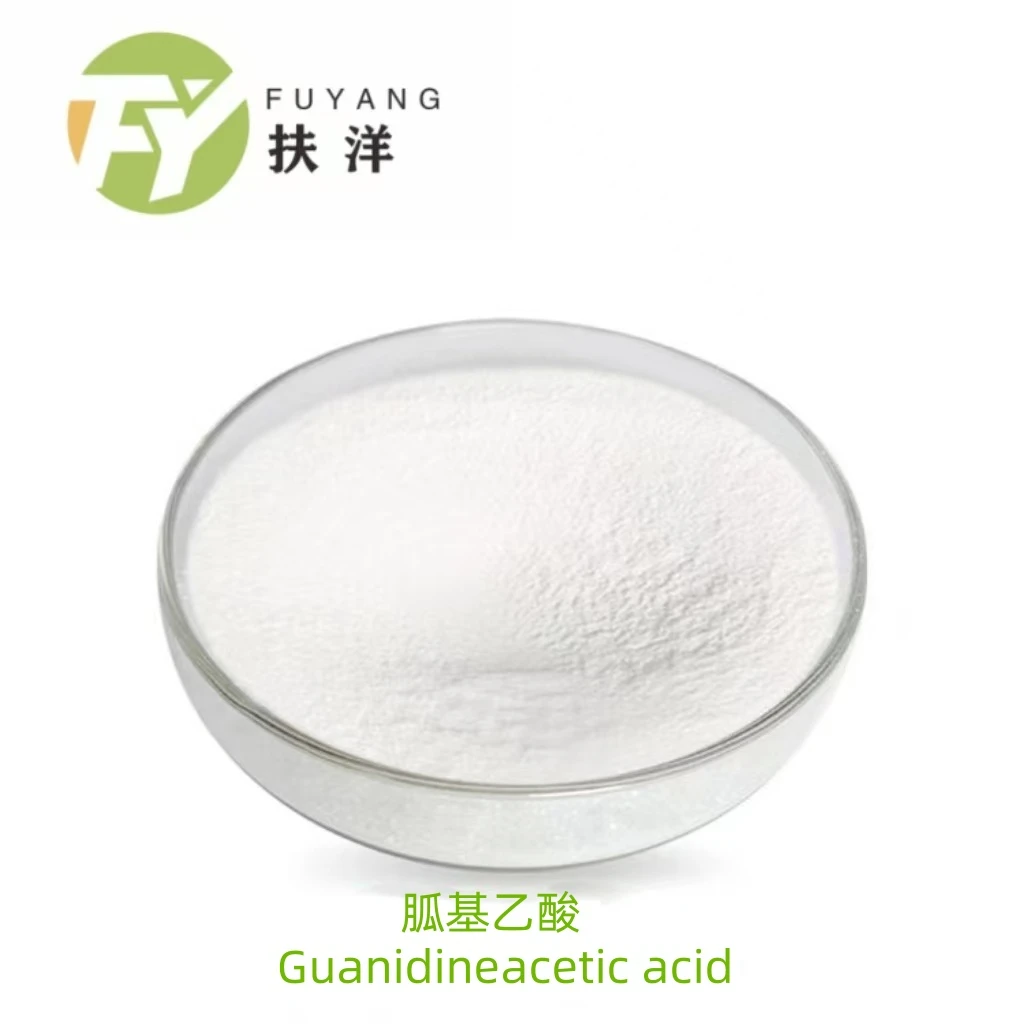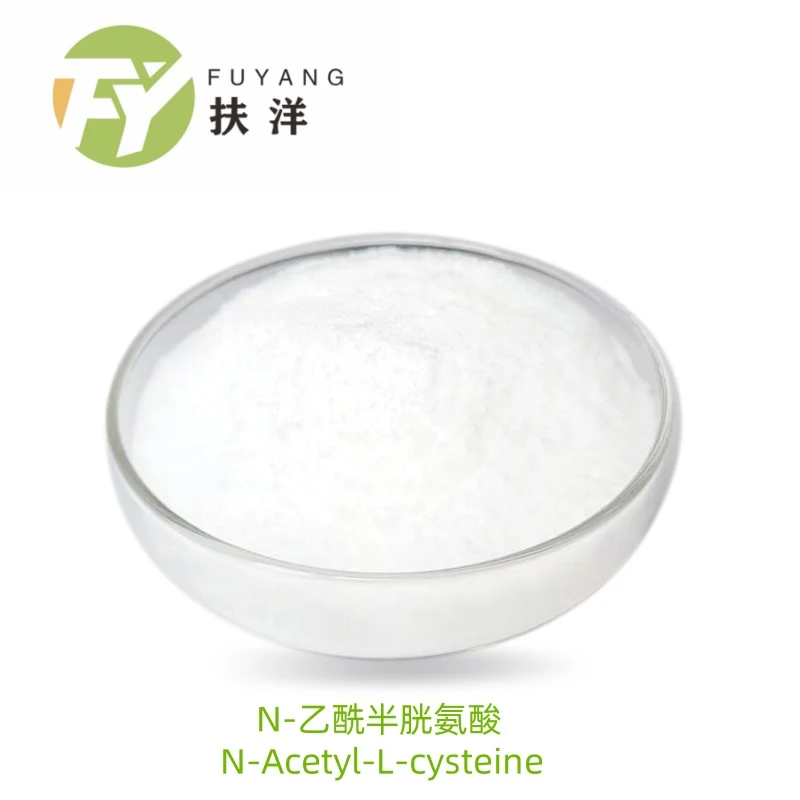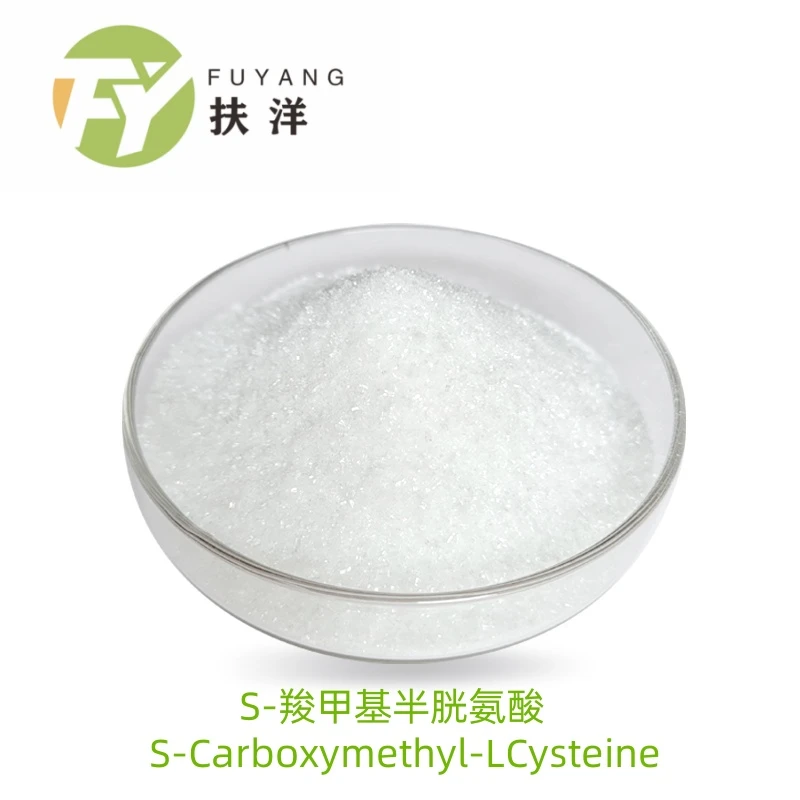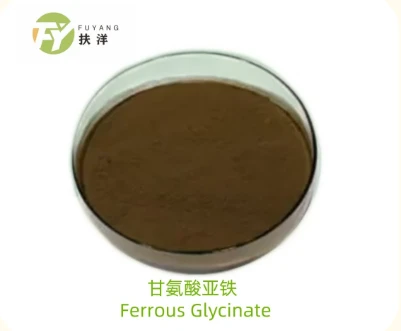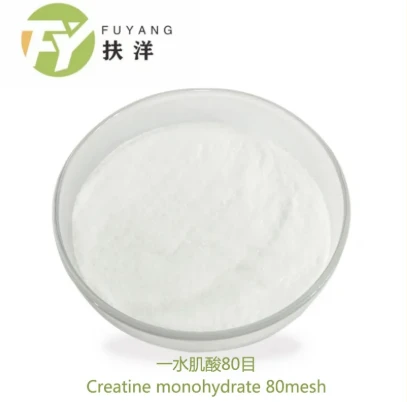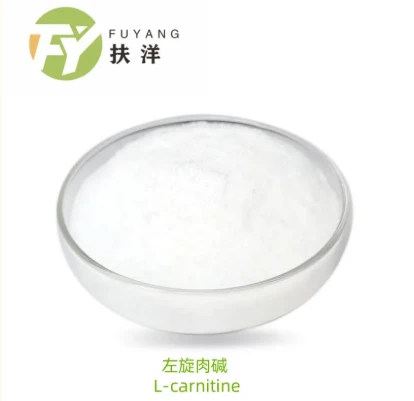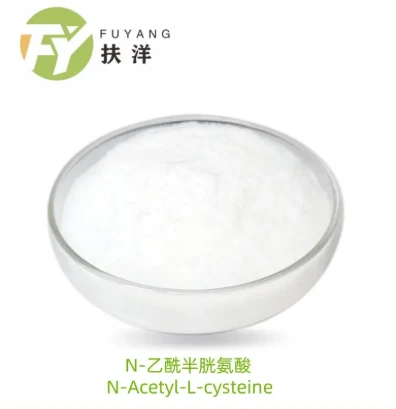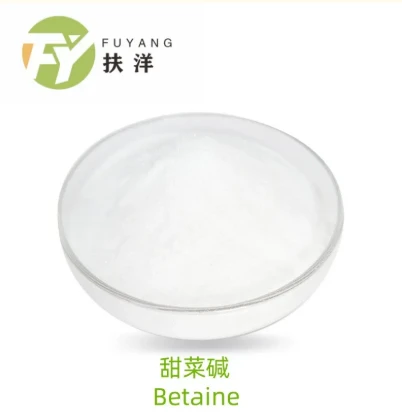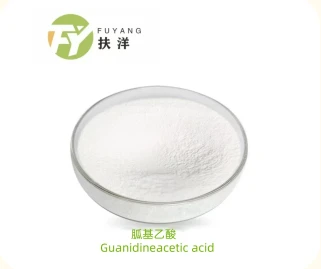- Introduction: Exploring the Benefits of Glycine Amino Acid
- Scientific Insights: Biological Significance and Mechanisms
- Comparing Nutritional and Functional Benefits: Glycine vs. L-Carnitine
- Technical Advantages: Purity, Stability, and Manufacturing Considerations
- Vendor Comparison: Market-Leading Glycine Amino Acid Producers
- Customization Pathways: Tailored Glycine Solutions for Diverse Industries
- Conclusion: Maximizing the Benefits of Glycine Amino Acid
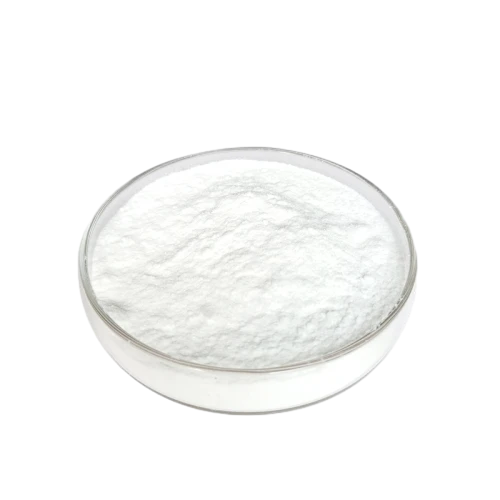
(benefits of glycine amino acid)
Introduction: Exploring the Benefits of Glycine Amino Acid
Glycine, one of the most fundamental and versatile amino acids, plays a crucial role in various physiological and biochemical processes. Often overshadowed by more prominent amino acids, the benefits of glycine amino acid
extend far beyond basic protein synthesis. Recent scientific literature and market trends underscore its emerging potential in wellness, pharmaceuticals, sports supplements, and functional foods. As interest grows, it's essential to clarify what sets glycine apart, contrasting its value against other amino acids such as L-carnitine, and to examine its impact across industries.
Scientific Insights: Biological Significance and Mechanisms
Glycine constitutes approximately 11.5% of the amino acid content in human proteins, making it indispensable for overall cellular function. Its simplicity—as the only achiral amino acid—enables it to fit into tight protein turns and confer conformational flexibility. Core biological processes influenced by glycine include collagen synthesis (up to 33% glycine by composition), neurotransmission, and antioxidant defense via glutathione production.
A 2020 systematic review found that glycine supplementation (3-5g/day) can reduce oxidative stress markers by 20-25% in clinical populations. Moreover, glycine's inhibitory neurotransmitter function contributes to improved sleep quality, with meta-analyses indicating up to a 15% enhancement in subjective sleep scores. These data-driven outcomes reinforce glycine's value beyond its building-block status, supporting applications from geriatric care to athletic recovery.
In comparison, amino acid glycine benefits center around its metabolic versatility, as it serves as a precursor for heme, creatine, and purines, thereby supporting erythropoiesis, energy transfer, and DNA synthesis. Such multi-faceted roles distinguish glycine from conditional amino acids, with therapeutic promise in wound healing, metabolic syndrome mitigation, and immune modulation.
Comparing Nutritional and Functional Benefits: Glycine vs. L-Carnitine
The landscape of amino acid applications is vast, with glycine and L-carnitine often featured in metabolic and performance-enhancing supplements. Glycine's major advantages include its anti-inflammatory effects, support for joint function, and facilitation of detoxification, while L-carnitine primarily assists with fatty acid oxidation and cognitive function.
| Parameter | Glycine | L-Carnitine |
|---|---|---|
| Primary Function | Collagen synthesis, neurotransmission | Fatty acid metabolism, energy production |
| Clinical Benefits (as per studies) | Reduces oxidative stress by 20-25%, improves sleep by 15% | Improves workout recovery by 12%, supports cardiac health |
| Typical Dose Range | 3–10 g/day | 500–2000 mg/day |
| Adverse Reactions | Low (GI discomfort at high doses) | Rare (fishy odor, GI upset) |
| Regulatory Status | GRAS, dietary supplement | GRAS, dietary supplement, Rx in some countries |
While L-carnitine is renowned for its lipid metabolism benefits—commonly highlighted in weight management and cardiovascular support—the broader amino acid glycine benefits include direct structural and functional roles in human physiology, showcasing a more diversified therapeutic profile.
Technical Advantages: Purity, Stability, and Manufacturing Considerations
The technical merits of glycine underscore its superior position in the amino acid supplement market. Pharmaceutical-grade glycine reaches purity levels above 99%, aiding precise dosing and minimizing contaminants—a critical requirement for parenteral and injectable preparations. Its molecular stability under a broad pH (2–9) and thermal tolerance up to 233°C facilitate robust formulation in food, beverages, and oral dosages.
For functional foods, glycine's mild, sweet taste and excellent solubility enhance palatability and ease of incorporation. In contrast, L-carnitine's strong, fishy odor and instability under acidic conditions often necessitate masking agents and specialized encapsulation techniques. This difference confers a formulation and logistics advantage for glycine, reflected in the ease with which manufacturers tailor it for end-use scenarios.
Notably, the benefits of glycine amino acid extend into technical usage: it acts not only as a supplement but also as a buffering agent, preservative, and chelating agent in pharmaceutical manufacturing.
Vendor Comparison: Market-Leading Glycine Amino Acid Producers
Selecting a glycine supplier involves scrutiny of production capacity, quality certifications, R&D capabilities, and global reach. Below is a comparative table of leading glycine amino acid manufacturers with key metrics relevant to procurement and quality assurance.
| Company | Annual Production Volume (MT) | Purity (%) | Certifications | Markets Served |
|---|---|---|---|---|
| Evonik Industries | 20,000+ | ≥99.5 (USP/FCC) | GMP, ISO 9001, FSSC 22000 | Pharma, Nutraceuticals, Food |
| Ajinomoto Co. | 15,500 | ≥99.0 | GMP, ISO 14001 | Food, Supplements |
| Chattem Chemicals (Sun Pharma) | 8,300 | ≥98.5 | cGMP, Kosher | Pharma, Bulk Chemicals |
| SHIJIAZHUANG HEBEI | 10,000 | ≥99.3 | ISO 9001, HACCP | Feed, Food Additives |
These benchmarks can shape procurement strategies, particularly for industries requiring custom formulation or ultra-high-purity glycine for clinical applications.
Customization Pathways: Tailored Glycine Solutions for Diverse Industries
With surging demand across health, nutrition, and specialty chemical sectors, customized glycine formulations have become a focal point for innovation. Contract manufacturers now offer glycine in crystalline, granulated, or microencapsulated forms, adjusting particle size for improved dissolution rates or controlled-release profiles.
Pharmaceutical companies, for instance, require endotoxin-free, injectable glycine that satisfies ICH Q7 GMP guidelines. In nutraceutical formulations, chelated glycine complexes (such as magnesium glycinate or zinc glycinate) deliver enhanced bioavailability, addressing specific micronutrient deficiencies. Food manufacturers may seek non-GMO and allergen-free certifications, and tailor flavor-masked blends for pediatric supplements.
Supply partners can also support custom labeling, regulatory dossier compilation, and supply chain traceability, accommodating clients from clinical research to animal feed. Choosing a technical partner with flexible production assets translates to reliability and competitive differentiation in a crowded supplement marketplace.
Conclusion: Maximizing the Benefits of Glycine Amino Acid
As research continues to uncover the multifaceted benefits of glycine amino acid, its value proposition has become compelling for a spectrum of stakeholders: formulators, clinicians, athletes, and everyday consumers. Data-driven advances in purity and production, combined with unmatched biological versatility, differentiate glycine from comparator amino acids and amplify its efficacy in both nutrition and medicine. Top-tier manufacturers offer tailored solutions, while customization options enable precise targeting of health, performance, and technical specifications. Investing in high-quality glycine supplements or ingredients positions organizations and individuals alike to harness its full potential now and in the future.
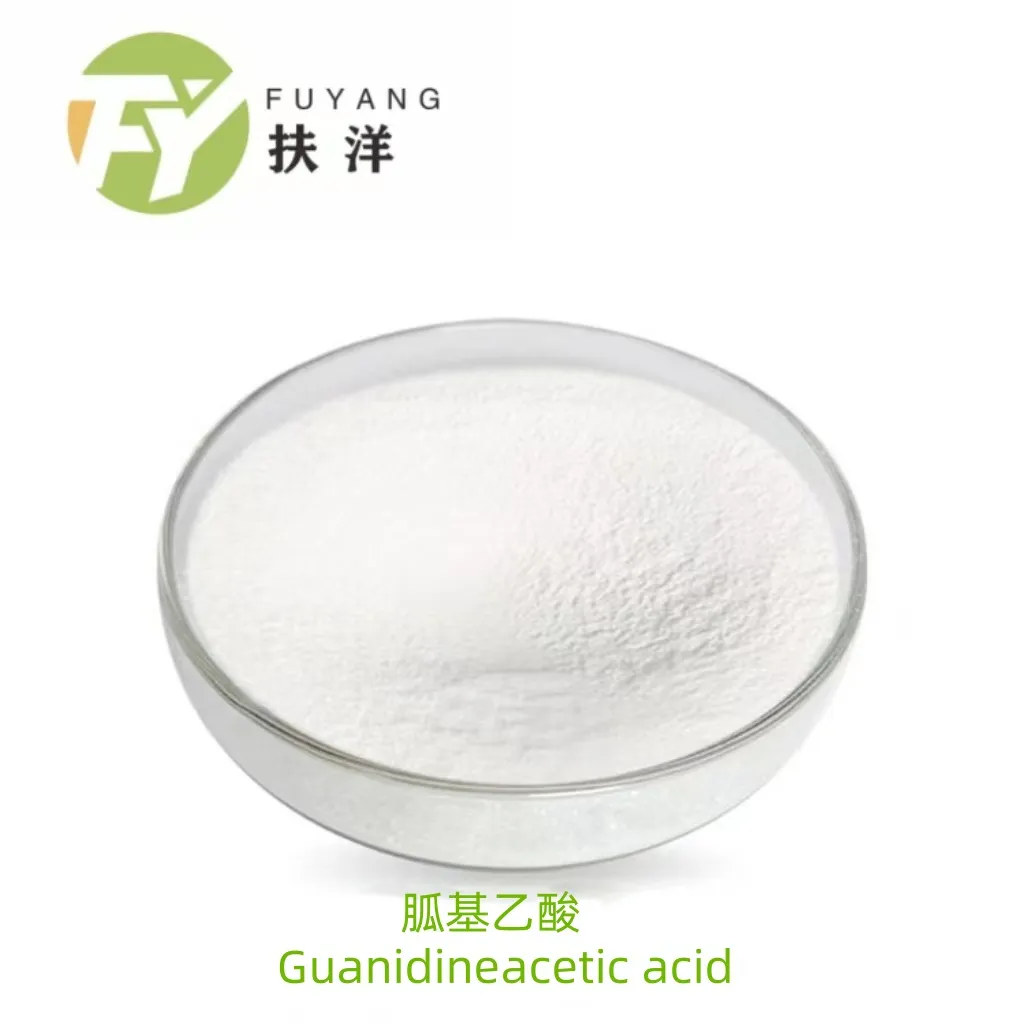
(benefits of glycine amino acid)

